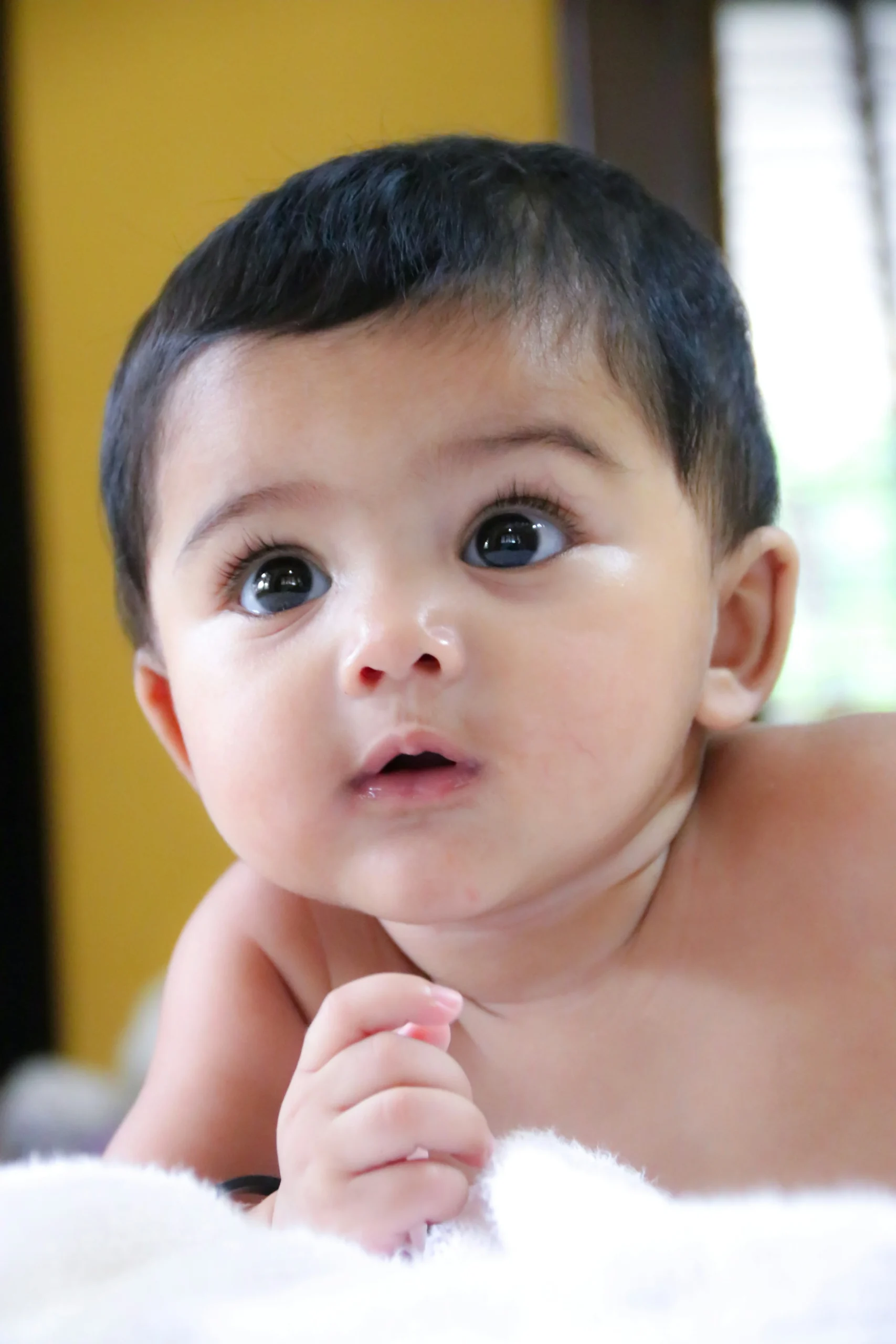Originally, my intention was to write a tribute to the ukulele—a celebration of this small, accessible, and joyful instrument. Learning to play a ukulele is within everyone’s grasp, and keeping one around the house has become one of my greatest joys. My son often brings it along for our car rides, playing along to artists like Stromae or my beloved Joni Mitchell. My partner picks it up to create spontaneous songs about our cluttered living room, and during dinner gatherings, someone inevitably strums it, leading us to that enchanting rendition of “Somewhere Over the Rainbow” by Israel Kamakawiwo’ole. I was ready to encourage everyone to get a ukulele, and I still believe you should—it’s truly worth it.
However, following the loss of my oldest and dearest friend—my companion for over 43 years—I find myself wanting to express something different. In the absence of organized religion, I’ve come to realize that music has become my sanctuary.
After her passing, once I had delivered her eulogy and returned home from New York, friends gathered at our place to offer their support. These friends, whom I affectionately call “The Circle,” arrived with food and warmth, ready to comfort us in our grief. We enjoyed just the right amount of wine and perhaps too much of a Polish honey liqueur that surprisingly resembled cat urine. In the midst of laughter and tears, I shared stories of my friend’s final days, and we even engaged in a game of Boggle.
As often happens during moments like these, my son approached the piano, prompting others to pick up various instruments. Before long, we were all singing together. While there were incredibly talented musicians among us, there were also those who, like me, lacked musical skills but found joy in raising our voices in unison. The essence of it all was melody and harmony.
We sang heartfelt songs like Joni Mitchell’s “River” and The Beatles’ “Let It Be.” We belted out “Songbird” by Fleetwood Mac and “Forever Young” (the Alphaville version, for those who might not remember the ’80s), along with Leonard Cohen’s poignant “Hallelujah.” Lyrics were printed out, and teenagers scoured their phones for additional verses. It felt heavenly.
We frequently gather to sing, typically celebrating joyful occasions rather than seeking solace. Sometimes, we plan these musical get-togethers in advance. During our hootenannies, musicians bring an array of instruments—guitars, banjos, drums, and of course, ukuleles. It’s a cacophony of familiar tunes, which I recommend including:
- “I’ll Fly Away” by Alison Krauss
- “Kick Drum Heart” by the Avett Brothers
- “When My Time Comes” by Dawes
- “Pecan Pie” by Wilco
- “Kids” by MGMT
- “Goddamn Lonely Love” by Drive-By Truckers
- “Ho Hey” and “Hey Ya” by The Lumineers and OutKast, respectively
- “Shady Grove” (traditional)
- “Home” by Edward Sharpe and the Magnetic Zeros
- “Knocking on Heaven’s Door” (Guns N’ Roses version)
If this list doesn’t resonate, feel free to curate your own mix of nostalgic favorites! Sometimes, families share a song weeks in advance to prepare, allowing musicians to learn their parts. Even if you lack talent, you can still enjoy the music. Consider something like The Beatles’ “I Will” or Adele’s “Rolling in the Deep.” Occasionally, a teenager might bring a trumpet or cello to the mix, and each gathering feels like just what I needed. I encourage you to gather with friends and their children, print out song lyrics, and create music together. Whether people are playing instruments or just enthusiastically singing, it doesn’t matter—raise your voices in harmony.
During my friend’s final moments in hospice, death felt less like a gentle embrace and more like a fierce battle. Yet, a compassionate music therapist arrived with her guitar, playing tunes like The Beatles’ “Across the Universe,” Iron & Wine’s “Such Great Heights,” and the Avett Brothers’ “I and Love and You.” In those moments, we found comfort and calm. Days later, at her service, the cantor sang “You Must Believe in Spring,” and it resonated with clarity.
While music may lack the comforts of organized religion—such as the promise of an afterlife or a neatly structured belief system—it offers something profound. It embodies the essence of life, providing connection and elevation. As Leonard Cohen beautifully articulated, “And even though it all went wrong / I’ll stand before the Lord of Song / With nothing on my tongue but Hallelujah. Hallelujah. Hallelujah.”
In conclusion, music serves as a powerful mechanism for healing and connection, especially during times of grief. I encourage you to embrace it fully.
For more insights on home insemination, visit this link, and for essential resources on pregnancy options, check out this page. If you’re looking for tools for at-home insemination, explore this resource.
